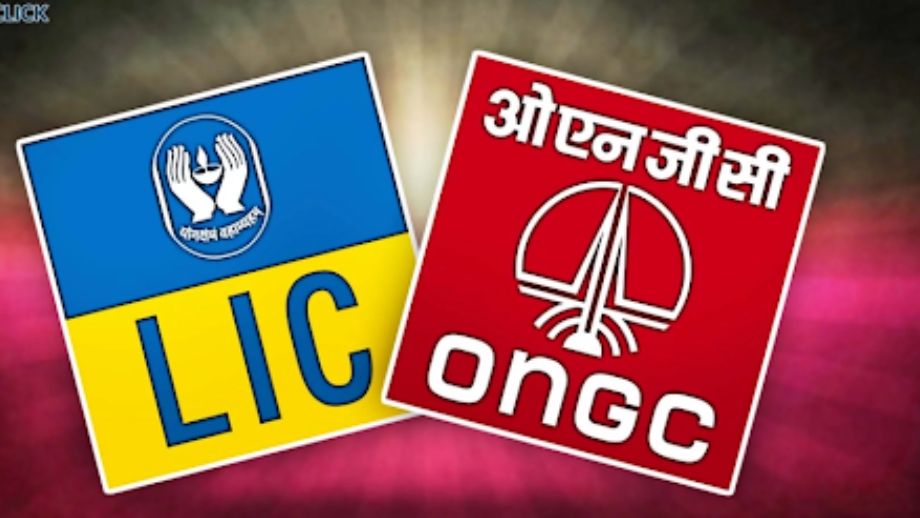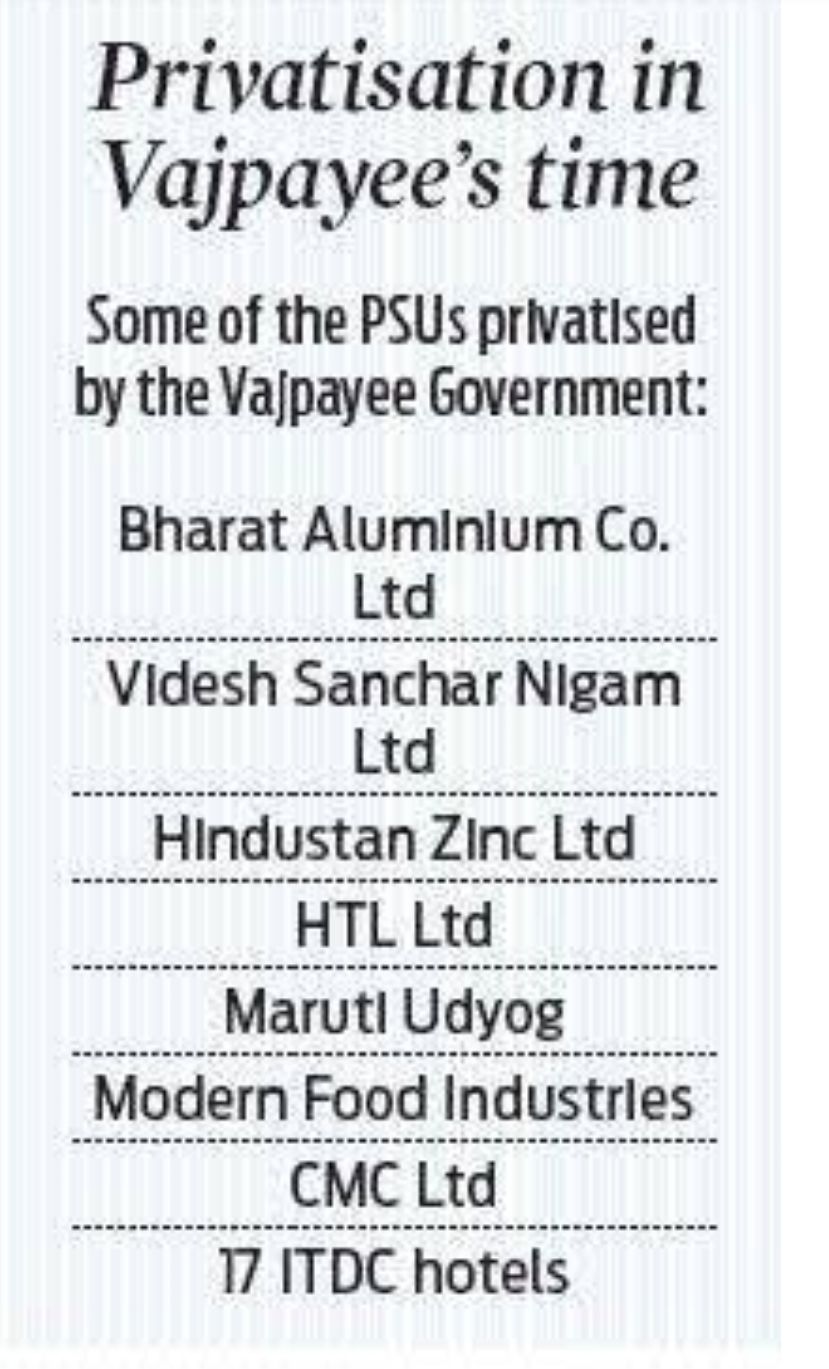Privatization By Modi 2.0
Jun 30, 2019 • 14 views
Since last few days, we all are listening a common term by almost everyone i.e. Modi government is going to privatize all the PSUs and some banks too. So, first of all, we need to know that what is the meaning of privatization? There can be different meanings of privatization from different perspectives.
In simple words, privatization means moving something from the public sector to the private sector (for the common people). But, it may also be used to describe something that was always private, but heavily regulated, which becomes less regulated through a process of deregulation. It means that now private companies will take care of the implementation of government programs or performance of government services. They can even imply law enforcement and prison management(if needed).

There are different methods of privatization :
• Share issue privatization
• Asset sale privatization
• Voucher privatization
• Privatization from below
• Management/Employee buyout
Now, the question arises that which organisations are going to be privatized by the government and which are not? Thegovernment has decided to privatize those companies which are not making profits or are making very less profits. There are some big firms who have failed to sell any CPSE to the private sector( including Air India). The list, which includes land and industrial plants of state owned enterprises National Thermal Power Corporation, Cement Corporation of India,, Bharat Earth Movers Ltd. and Steel Authority of India Ltd., has been passed on to the Department of Investment and Public Asset Management (DIPAM).

It was seen that, in 2014-15, when Modi took over as Prime Minister, central government expenditure shrank from 13.9% of GDP to 13.2%. Since then, it has dropped to just 12.2% in 2018-19, as per CGA data. In a desperate attempt to balance their books and cover deficits, and raising revenue, the Modi government in its previous terms made desperate attempts to privatize the public sector enterprises. However, the growth of the private sector itself is facing stagnation, as is evident from the failing investments and a stagning bank credit. Measures such as demonetization are huge factors for this situation.
Rajiv Kumar, vice chairman of NITI Aayog, who reports directly to Modi (Chairman of the Think Tank of the Aayog), said that, “the Reforms takenby the Modi government will include changes in labour laws, privatization moves and creation of land banks for new industrial development. The foreign investors will have a reason to be happy.” He said that the government will focus on fully privatizing or closing more than 42 state owned companies in the coming months.
Effects of privatization on Indian Economy
Answer to the above question will also be different according to different thinkers and depending upon different circumstances. But overall, right now everyone is hoping positive impact of privatization on the financial growth of the sector which was previously owned by the state by decreasing debts and deficits. If we look upon our history then we can take into account the LPG reforms in early 1990s. Privatization had increased competition among the service providers. Before the privatization, if anyone had to take landline telephone connections then he had to wait for months because of the dominant market of BSNL or MTNL. But, after the privatization, anyone could have the telephonic connections within the few hours. Same with the electricity or water services.
On the other hand, many of the poor students couldn’t afford to higher education because of the capitation fees that the certain private schools/colleges ask for. Many poor and malnutritioned people lost their lives as they couldn’t afford the bills of private hospital which had way better facilities than the hospitrunnned by the government.

So, we should be ready to face both the pros and cons of privatization in indian economy.
